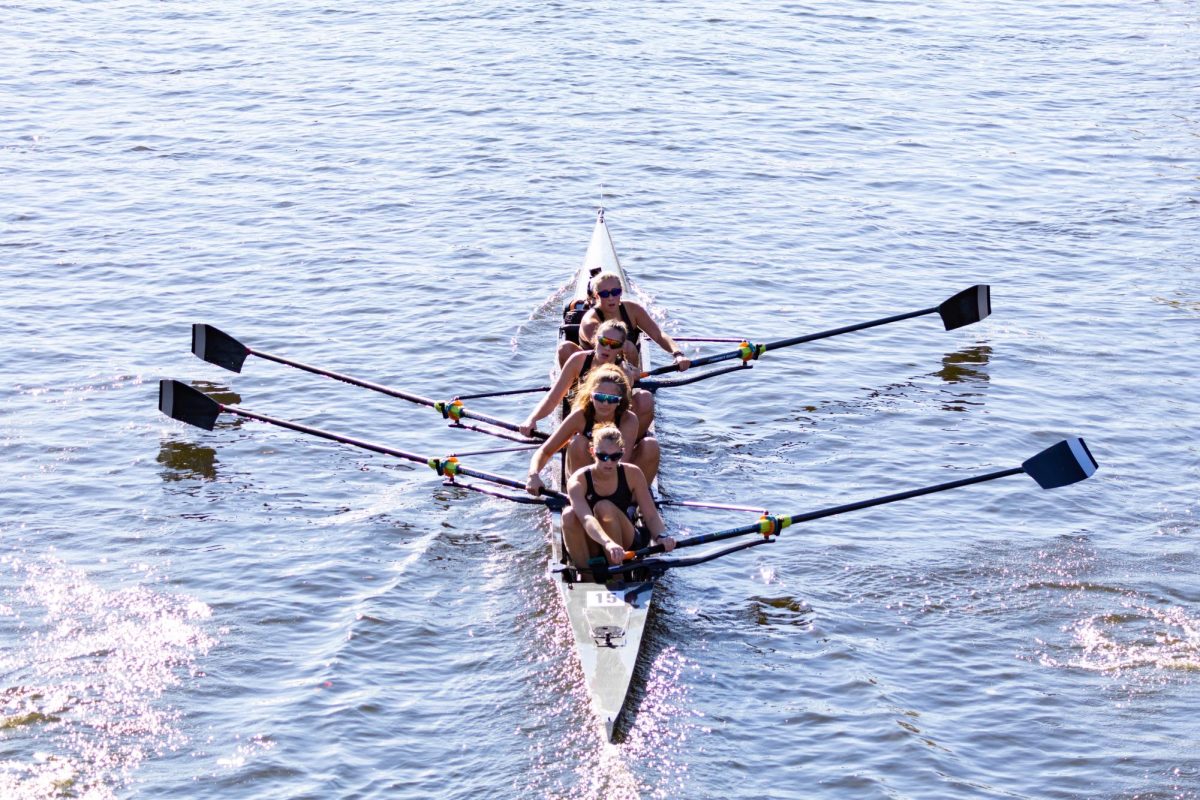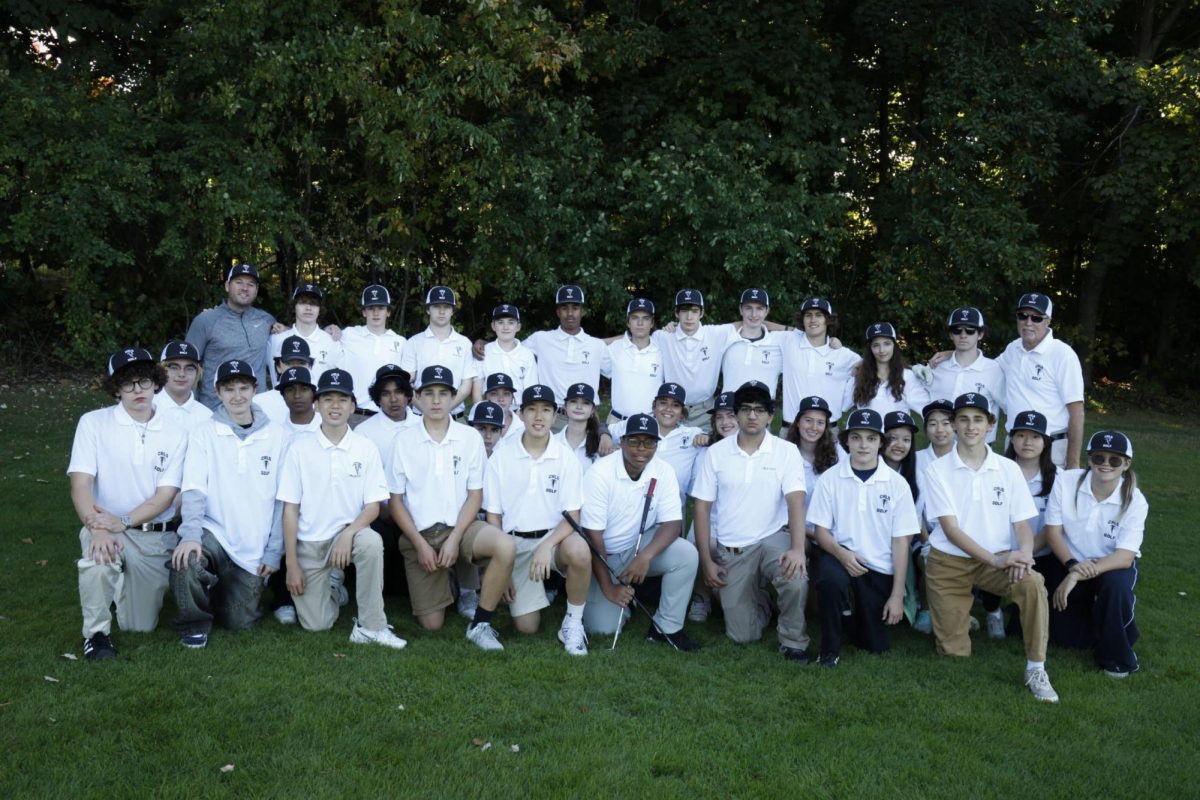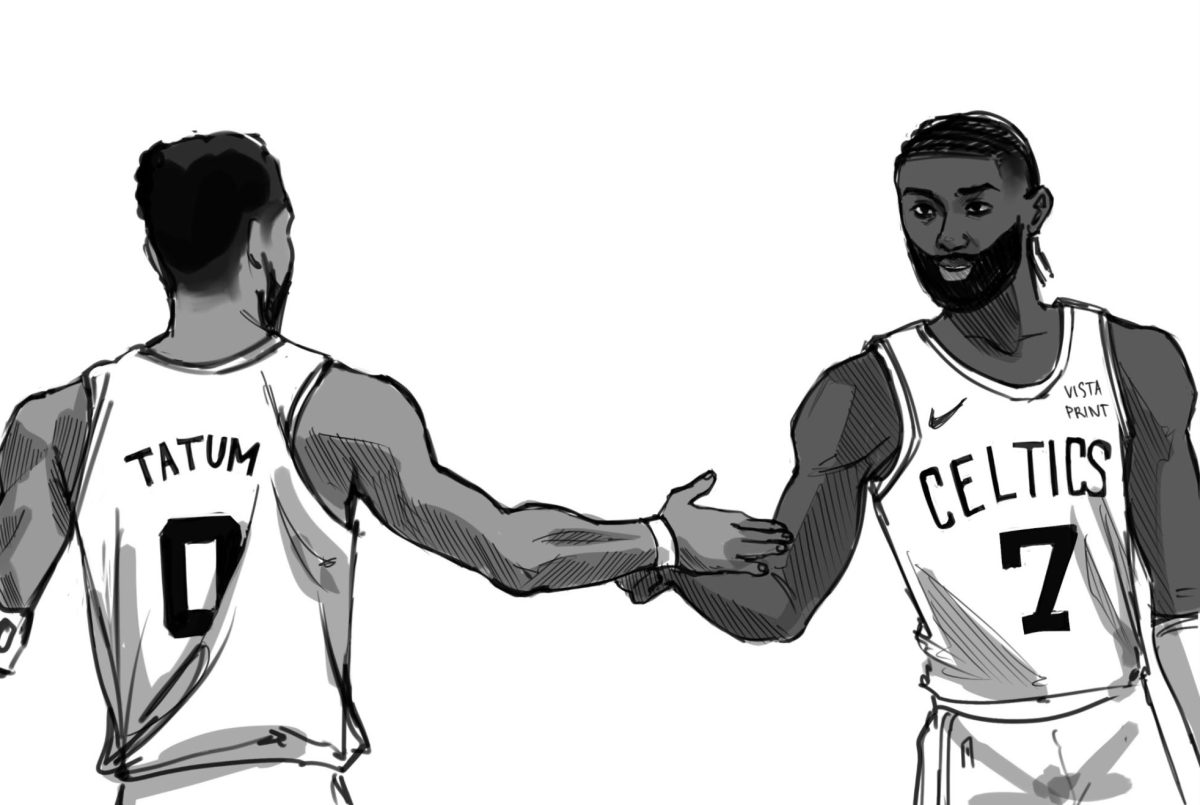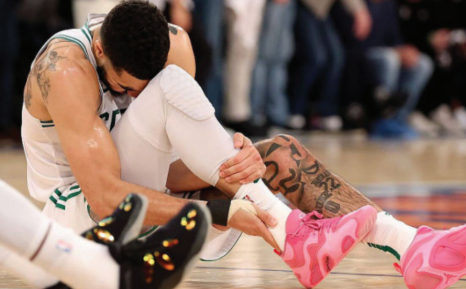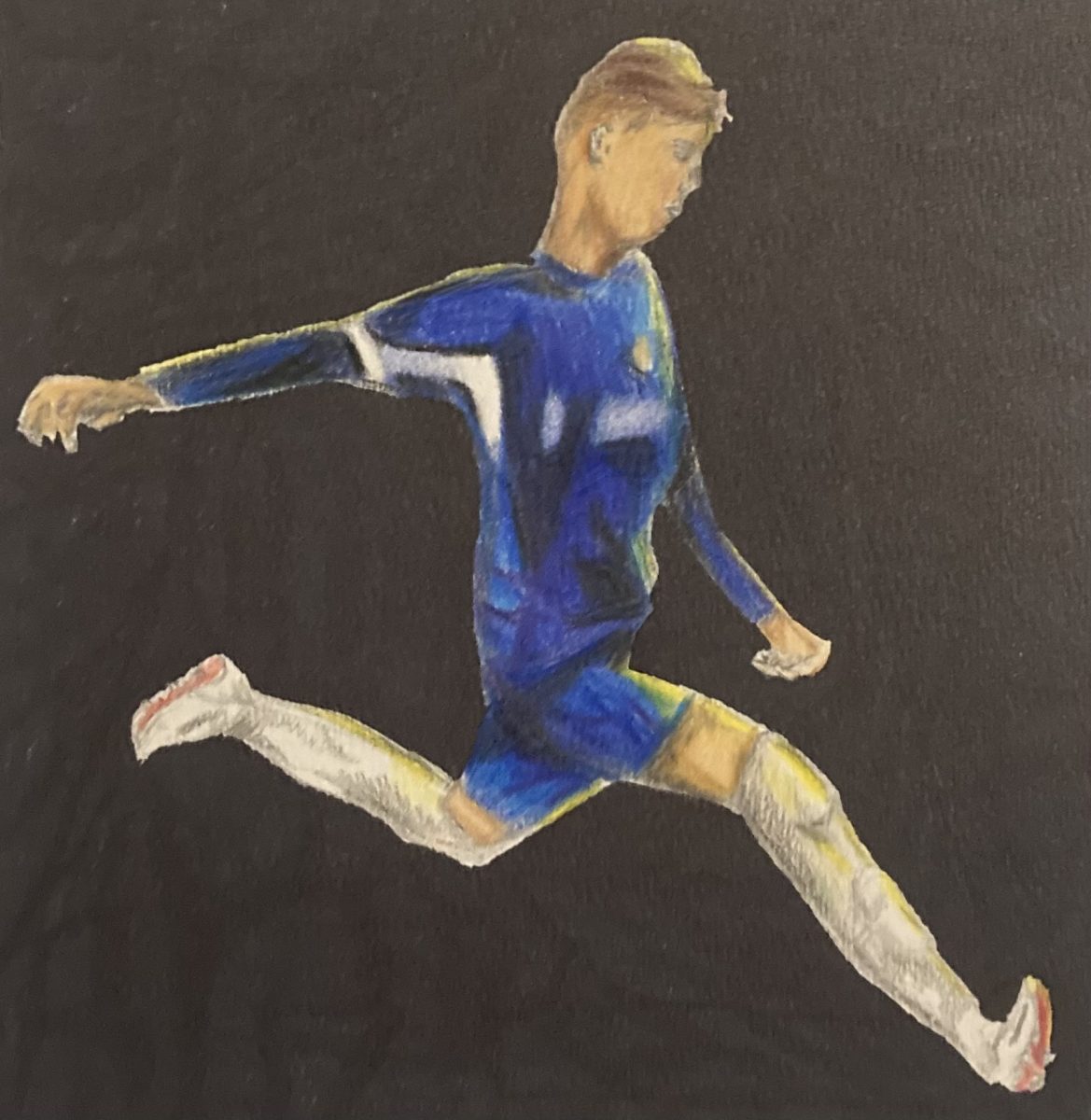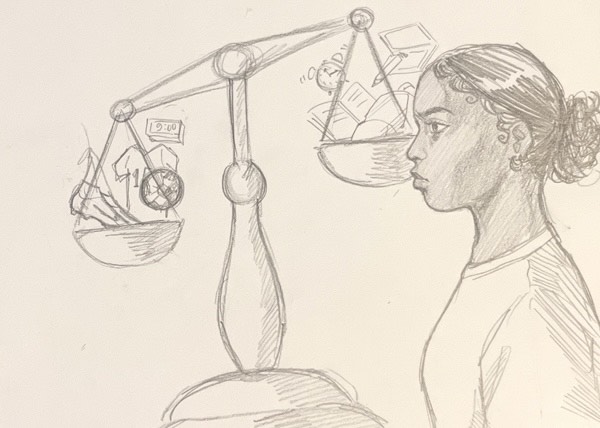
Since the Tokyo Olympics, Olympians have been speaking out more about mental health. Previously, mental health was not a common topic for conversation because it was seen as a sign of weakness. For former Olympian Yvette Kong, working with her mental health issues made her realize that speaking out about them should not be frowned upon but instead encouraged.
Professional athletes are not the only athletes who struggle with mental health. The NCAA estimates 30% of high school athletes currently deal with mental health issues. Despite the stakes being lower, student athletes face similar pressures, specifically around keeping up with both academics and their sport.
When interviewed, student athletes at CRLS mentioned many struggles: completing assignments on time, lack of free time, and maintaining a good status in the classroom and on the field. At CRLS, student-athletes highlight the difficulties of juggling both academics and athletics, yet also correlate it to gaining important life lessons. While other students may have the entire day after school as free time, Keven Mamo ’28, a member of the CRLS soccer team, raised the point that his freetime is reduced by soccer, making it easy for him to fall behind academically. Mamo also mentioned the difficulty of staying motivated. By persevering, he acquired important life skills, including organization and time management.
Student-athletes at CRLS also shared ways they cope with and overcome these issues. Noah Fritz-Sherman ’26, a member of the CRLS crew team, stated how struggling with pressure helped him to realize the larger context of participating in a sport. Fritz-Sherman told the Register Forum, “When I take a step back I realize that it is a high school sport. It helps me look at the big picture and lowers the pressure of the sport.” Other athletes mentioned the importance of support, self-compassion, and taking each day one at a time, which allows them to not feel as though they are drowning in what they have to get done. Although being a student-athlete causes a lot of students to deal with hardship, it also encourages them to grow thicker skin and build up their mental and physical strength.
Additionally, asking for help should not be feared. Mr. Prince, a track coach at CRLS, gave key insight to the Register Forum, “Athletics is a privilege that can only be had if your academics are sound. Students do not hesitate to come to me when they need to address their academics.”
Speaking out about mental health requires courage but can provide an example for others who are also struggling. The realization of not being alone when dealing with these issues can create a safer environment for students athletes, Olympians, and others.
Kong mentioned this outlook changed her perspective on asking for help as well. “Being okay with not being okay and having that vulnerability, I used to see it as a sign of weakness, but then I learned to see it as a sign of strength to be asking for help and having ownership of my own well being and my performance.”
This article also appears in our November 2024 print edition.

